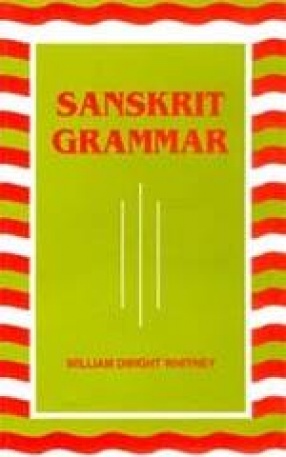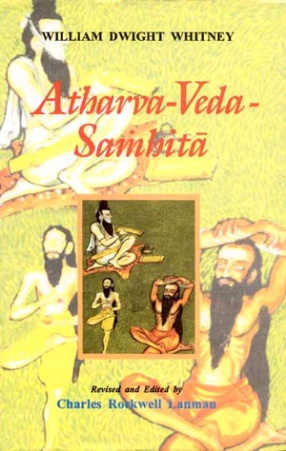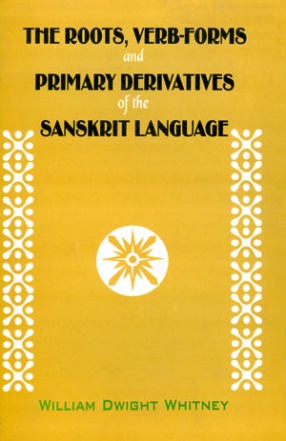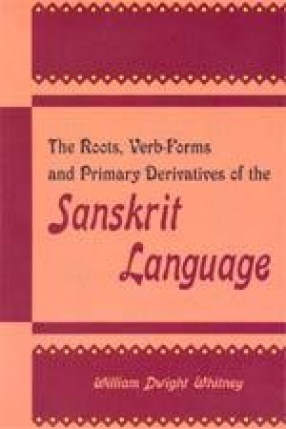
Showing all 5 books

This Sanskrit Grammar is on a somewhat different plan from those already in use. It presents the facts of the language primarily as they show themselves in use in literature, and only secondarily as they are laid down by the native grammarians. It also includes in the presentation the forms and constructions of the older language, as exhibited in the Vedas, the Brahmanas, the Epics and the Puranas. The author has cast all statements, classifications, etc., into a ...

Atharva-veda means `the Veda of the Atharvan' or `the Knowledge of Magic Formulas'. The great importance of the Atharva-veda Samhita lies in the fact that it is an invaluable source of knowledge of popular belief as yet uninfluenced by ancient Indian priestly religion, of the faith in numberless spirits, imps, ghosts, and demons of every kind, and of the witchcraft, so eminently important to ethnology and for the history of religion. This work includes in the ...


This work if intended especially as a supplement to the author's Sanskrit Grammar giving in fuller deail what was not possible nor admissible as part of grammar itself, all the quotable roots of the language, with the tense and conjugation-sstems made from them, and with the noun and adjective (infinitivel and participial) formations that attach themselves most closely to the verb, and further, with the other derivative noun and adjective-stems usually ...

The book is intended especially as a supplement Sanskrit Grammar of W.D. Whitney and includes all the views comprehensively of a given root in the Sanskrit language. The Author has respected the language of every period, and the great St. Petersburg Lexicon of Bohtlingk and Roth have been his greatest source for materials on epic and classical literature. In the older language of Vedas and Brahmanas and Upanisads and Sutras, he has done much more independent ...
